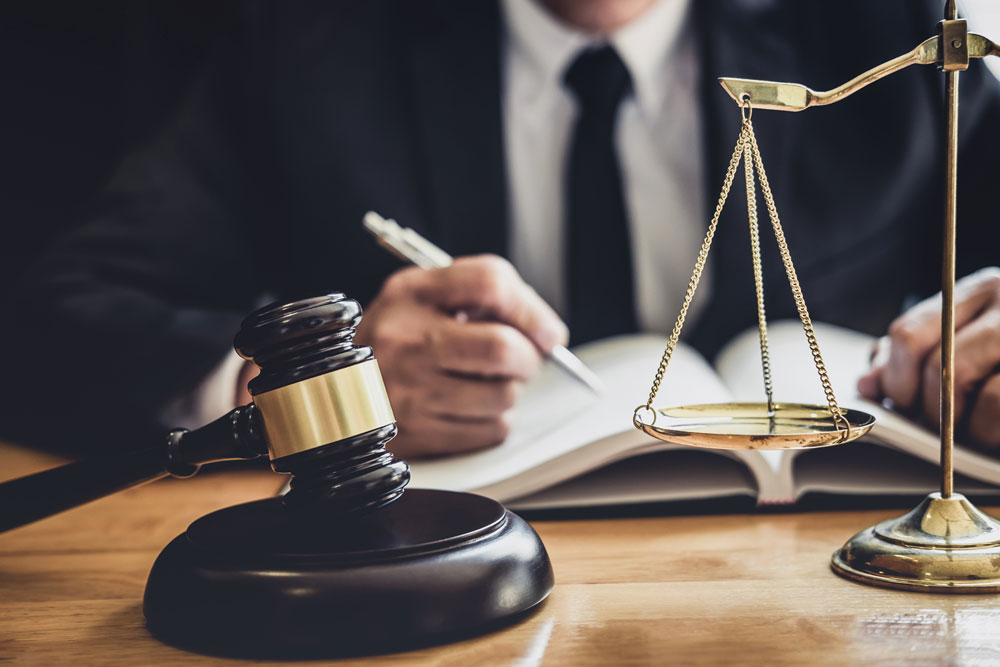
On December 29, 2020, a three-judge appellate panel decided the Somerset County case of State v. Luis Lora. The principal issue under N.J.S.A. 2C: 12-1b (6) was whether the Attorney General’s Guidelines regarding vehicle pursuits are relevant to a strict liability charge of aggravated assault while eluding.
Judge Firko wrote for the Court in relevant part: Aggravated assault while eluding is a strict liability offense. See N.J.S.A. 2C:12-1(b)(6). To convict a defendant of this offense, the jury must find the following two elements beyond a reasonable doubt: (1) defendant caused bodily injury to another person; and (2) defendant did so while fleeing or attempting to elude a law enforcement officer in violation of the statute defining the eluding offense. According to the Criminal Code’s section titled, in part, Causal Relationship Between Conduct and Result, “when causing a particular result is a material element of an offense for which absolute liability is imposed by law, the element is not established unless the actual result is a probable consequence of the actor’s conduct.” N.J.S.A. 2C:2-3(e). In the strict liability offense codified in N.J.S.A. 2C:12-1(b)(6), whether the police officers involved in the pursuit of an eluding individual adhere to the Attorney General Guidelines is neither a relevant consideration nor an affirmative defense.
In the matter under review, the actual result–Schubert’s injury–is not “established” unless the injury was “the probable consequence” of defendant’s actions. The trial court identified State v. Pantusco (App. Div. 2000) as “analogous” to the case at hand. In Pantusco, the defendant was charged with felony murder after killing an innocent motorist in an automobile crash while fleeing from police. In the context of felony murder, also a strict liability crime, we articulated, “the fact that one or more police officers may have deviated from the Guidelines for a safe pursuit, or otherwise proceeded unsafely through heavy traffic, cannot excuse defendant’s conduct or his statutory responsibility.” Because police deviation from “preferred practice” is far from a “remote” possibility, we held that the resulting fatal accident was not so unexpected or unusual as to make it unjust to hold defendant responsible for the victim’s death.
Under the circumstances, the defense should focus on raising reasonable doubt with regard to one of the elements of eluding. Alternatively, the defense can attempt to raise reasonable doubt with regard to whether “bodily injury” occurred. However, that is a very low standard that is satisfied by little more than any sensation of physical pain or discomfort.
